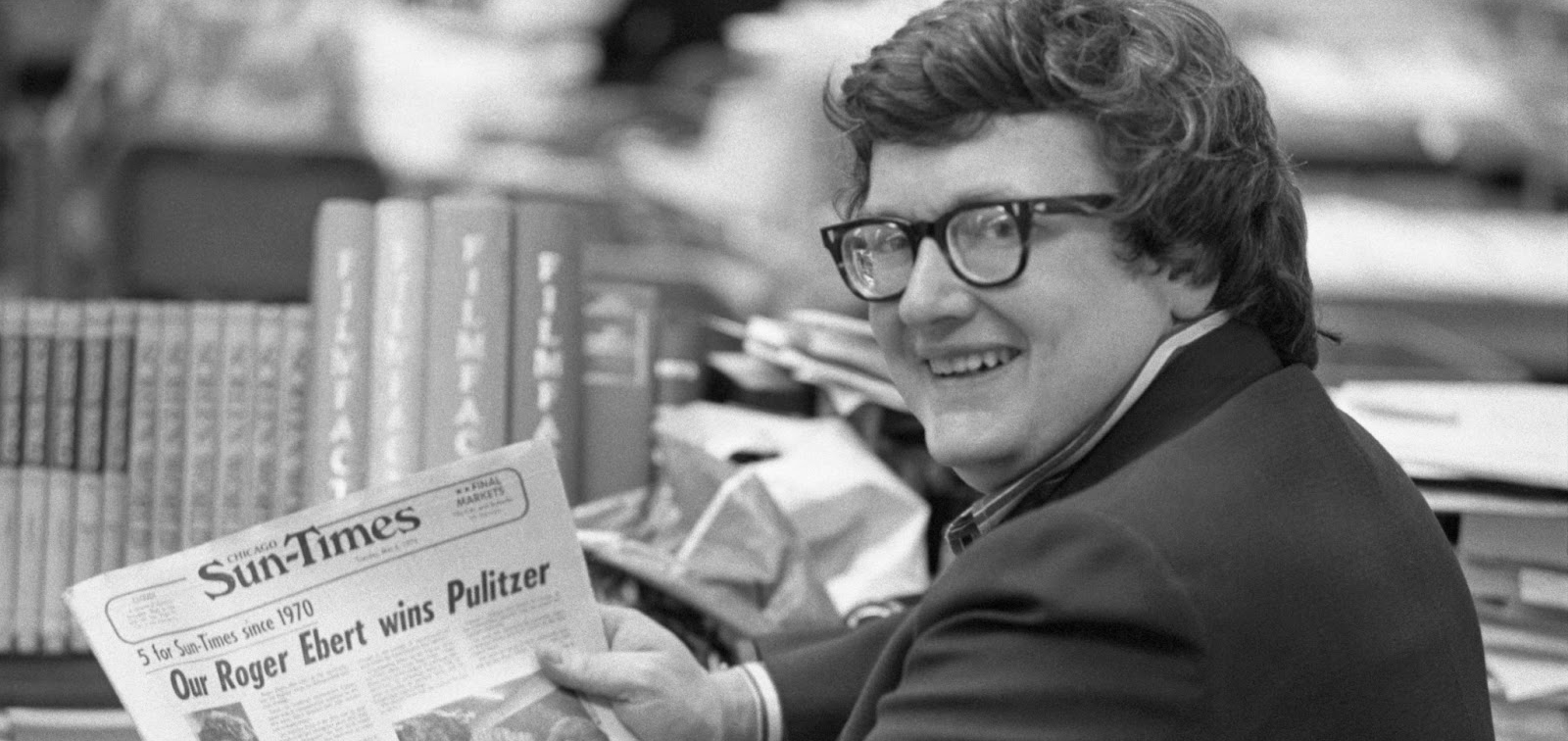
A day before he died, Roger Ebert closed off his final blog post with a heartfelt salutation. “I’ll see you at the movies”, he said, before ending his 11-year battle with thyroid cancer. A year on, it seems right that Steve James, one of America’s strongest documentarians and a man who has Ebert to thank for the success of his Hoop Dreams, has brought the illustrious writer to the cinema screen. His film, that shares its name with Ebert’s autobiography, explores in equal parts the career of the famed critic and his bed-ridden final months alongside his wife Chaz. It’s an incredibly moving film that shows Ebert overcoming the misery of death by dedicating himself to his partner and his writing.
Like it or not, the accessible and influential status of film criticism is owed largely to this film’s subject. Ebert was incredibly proficient, dishing out over six thousand reviews in his career – some scathing and brazen, others remarkably personal.1 As such, his death affected the film world in profound ways, making for some tear-jerking interviews with the likes of Errol Morris, Martin Scorsese and Werner Herzog.
Unfortunately, moments of prolonged, misdirected reminiscence slightly tarnish the cinematic value of Life Itself, which opens with a unanimous glorification of Ebert’s time as editor of a student newspaper. Moments like these feel more suited to a television movie, and given the portion of his book that focuses on Ebert’s pursuits for racial equality and his trip to South Africa, this time could have been better spent. The score is also a mixed bag, jumping between unfitting jazz licks to no great effect.
These minor slips don’t spoil Life Itself to the extent that they could though. James is careful not to craft a derivative Hollywood biography, recognizing that Ebert was, for a large part of his career, a bit of a dick. He fits in plenty of unseen archival footage to pad out Ebert’s speedy rise in popularity, exploring both his and Chaz’s alcoholism, and talking to the various filmmakers whose careers were made by Ebert’s thumbs or stars. In Ebert’s relationship with Gene Siskel though, James finds his most interesting subject matter. It was both a bitter rivalry and a devoted friendship, ending too soon with Siskel’s death (also from cancer) in 1999.
James uses his email exchange with the late critic as a framing device, which gives the film scope to explore Ebert’s various achievements, not the least of which was a Pulitzer Prize and a film screenplay. As he approaches his inevitably demise though, Ebert’s replies become increasingly brief and sporadic. Aware of this, James attempts to draw one more response out of his decrepit subject. He asks, “Why did you name your book ‘Life Itself’?” In agony, the only answer Ebert can illicit is desperate and tragic. “I can’t”, he says, unable to explain the significance.
Of James’ Hoop Dreams, Ebert said in his original review, “It takes us, shakes us, and makes us think in new ways about the world around us. It gives us the impression of having touched life itself.” While it may not reach the worldly heights of Hoop Dreams, Life Itself is a fittingly personal tribute to Roger Ebert that does justice to his unconditional love for writing and for all things film. For those less interested in the man himself, it also tells a moving story about someone who loved his profession and who knew how to face death.
Around the Staff:
| Conor Bateman |
